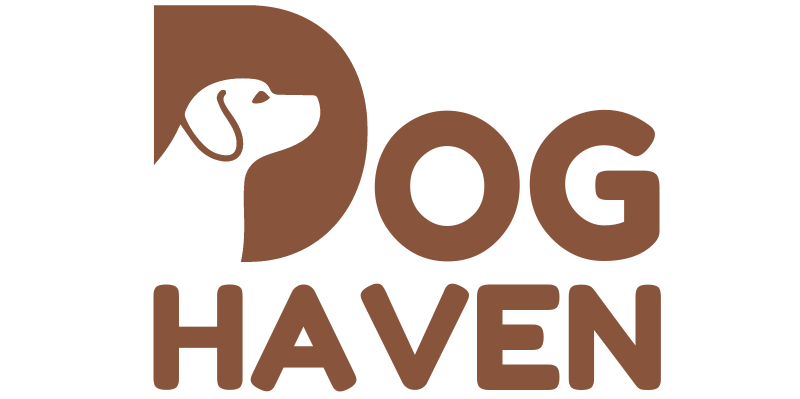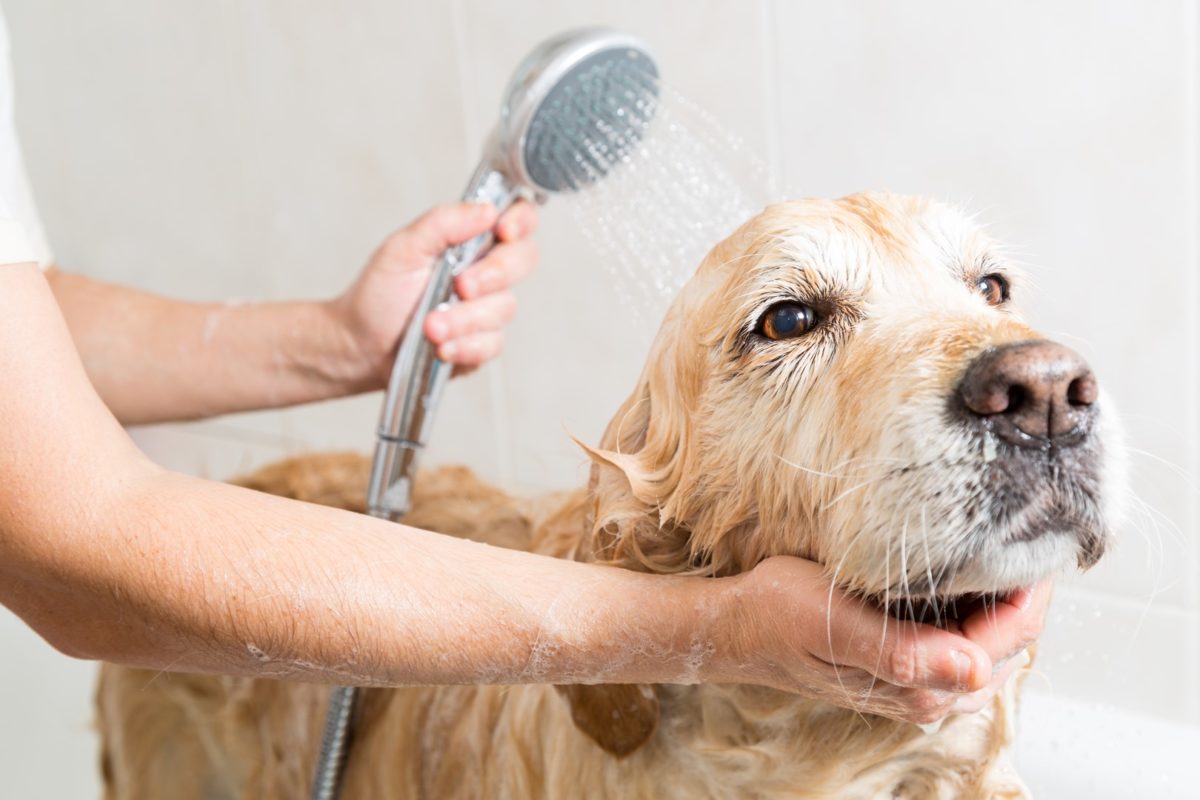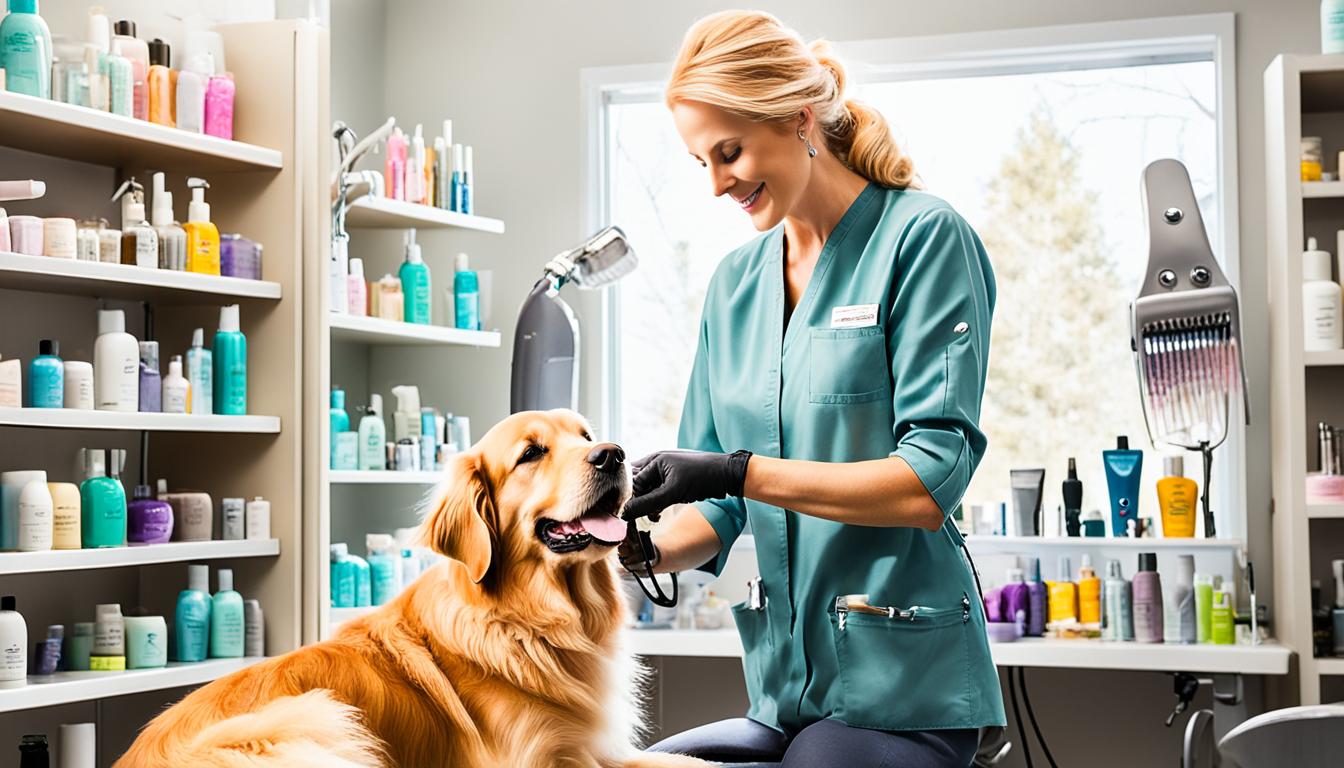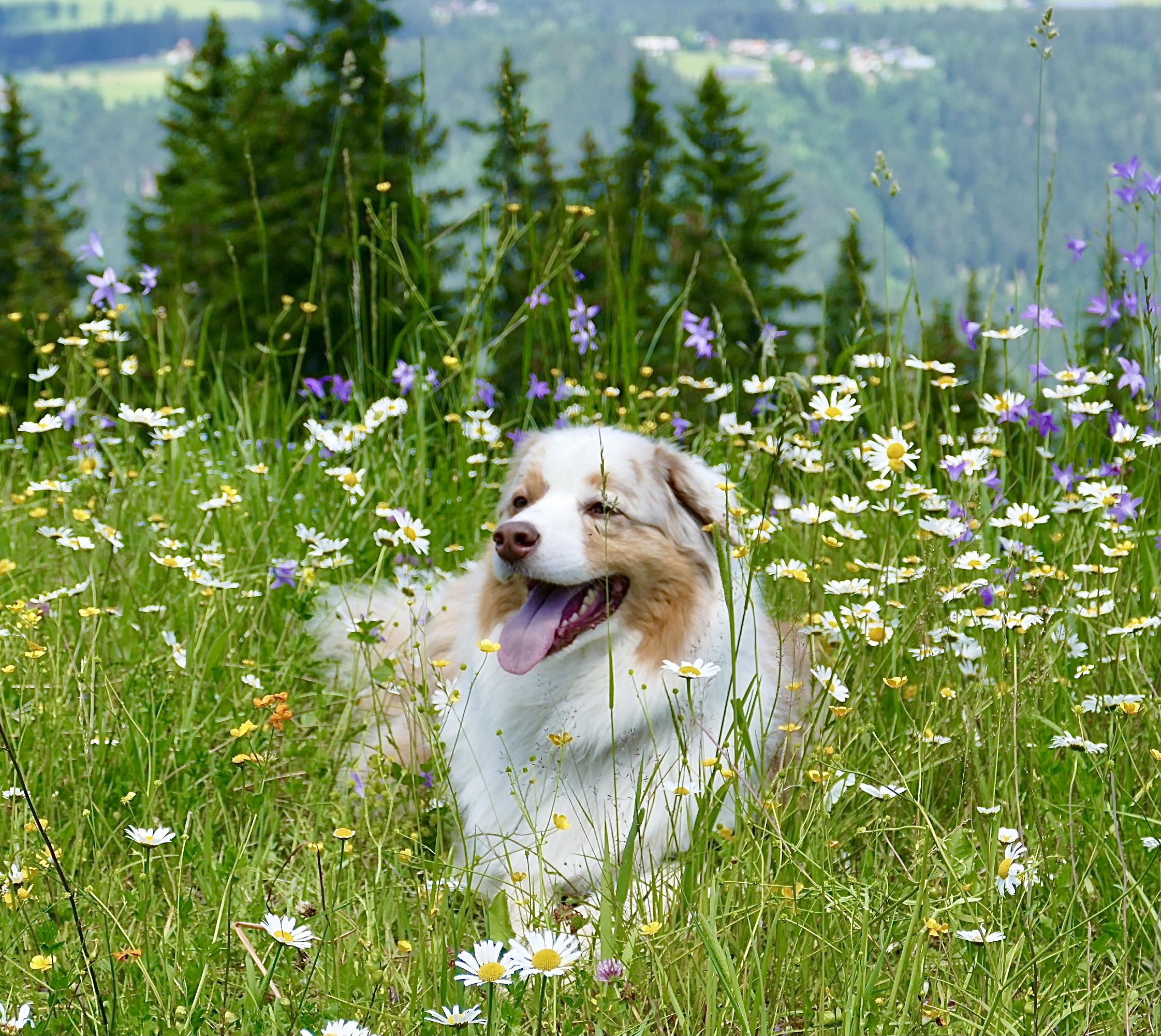
Understanding Your Dog’s Skin and Coat Care Needs
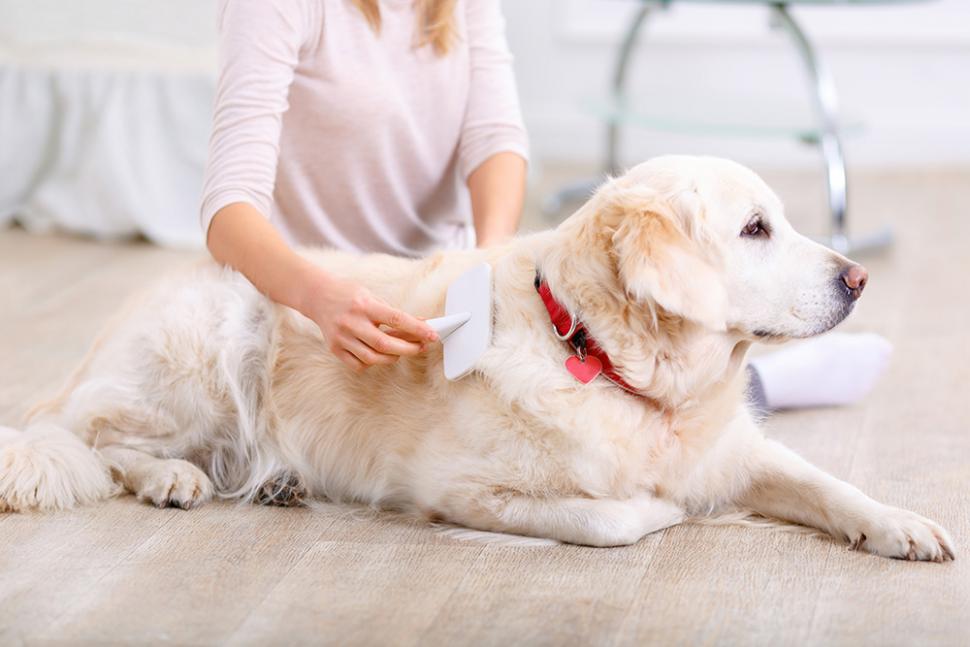
Proper skin and coat care is essential for your dog’s health and well-being. A shiny, well-maintained coat is a sign of a healthy dog, while issues like dryness, flakiness, or excessive shedding can indicate underlying problems. In this post, we’ll explore the key aspects of dog skin and coat care, helping you ensure your furry friend stays happy and healthy.
1. Understanding Your Dog’s Coat Type
Different breeds have different coat types, each requiring specific care:
- Short-haired dogs (e.g., Beagles, Boxers): These breeds typically need less grooming but can still benefit from regular brushing to remove loose hair and stimulate skin health.
- Long-haired dogs (e.g., Shih Tzus, Collies): These breeds require more frequent brushing to prevent tangles and mats. Regular grooming sessions can also help you spot skin issues early.
- Curly or wavy-haired dogs (e.g., Poodles, Bichon Frises): These coats need regular trimming and brushing to prevent matting and maintain a neat appearance.
- Double-coated dogs (e.g., Huskies, German Shepherds): These breeds have an undercoat and an outer coat, requiring thorough brushing to manage shedding and keep the coat healthy.
2. The Importance of Regular Grooming
Regular grooming is essential for maintaining your dog’s coat and skin health:
- Brushing: Brush your dog’s coat regularly to remove loose hair, dirt, and debris. This helps distribute natural oils, promoting a healthy and shiny coat.
- Bathing: Bathe your dog as needed based on their breed, activity level, and skin condition. Use a dog-specific shampoo to avoid skin irritation.
- Trimming: Regularly trim your dog’s nails to prevent discomfort and check for any abnormalities in their paws.
- Ear Cleaning: Clean your dog’s ears regularly to prevent infections, especially in breeds prone to ear problems.
3. Nutrition and Its Impact on Skin and Coat
A balanced diet plays a crucial role in maintaining healthy skin and a shiny coat. Ensure your dog’s diet includes:
- Omega-3 and Omega-6 fatty acids: These essential fatty acids promote skin health and a glossy coat. Look for dog foods containing fish oil, flaxseed oil, or supplements.
- High-quality protein: Protein is vital for hair growth and repair. Choose a dog food with high-quality animal protein sources.
- Vitamins and minerals: Vitamins A, E, and B-complex, along with zinc, are essential for skin and coat health. Ensure your dog’s diet is well-balanced and meets their nutritional needs.
4. Identifying and Addressing Skin Issues
Regularly check your dog’s skin for signs of problems such as:
- Dry, flaky skin: This can indicate allergies, poor nutrition, or environmental factors. Consult your vet to identify the cause and appropriate treatment.
- Redness or inflammation: These symptoms can result from infections, parasites, or allergies. Prompt veterinary care is essential.
- Excessive shedding: While shedding is normal, excessive shedding can indicate stress, poor diet, or health issues. Regular grooming and a balanced diet can help manage shedding.
5. When to Seek Professional Help
If you notice persistent skin or coat issues, it’s important to consult a veterinarian or professional groomer. They can provide expert advice and treatments tailored to your dog’s specific needs.
